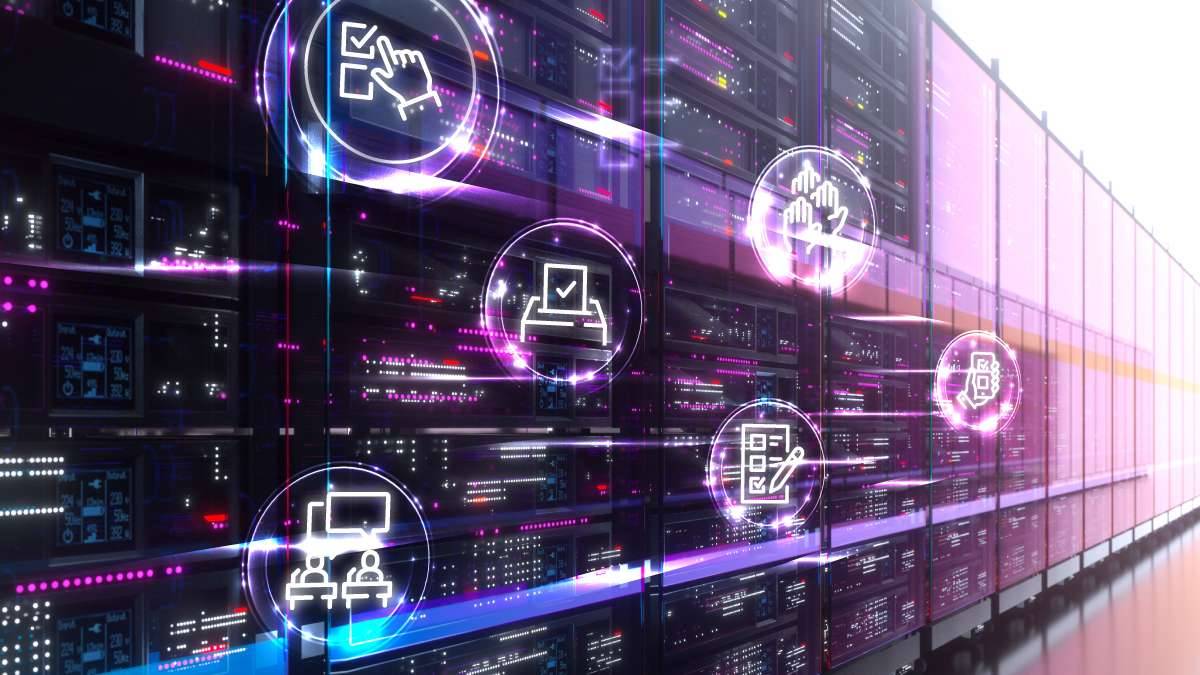
Blockchain for Government
ARTICLES | Sep 08, 2022
Writer: Nuttawut Kulkaew
Editor: Wittaya Wonglor
Blockchain is widely used to transmit data so that users can see any change. It’s also highly stable because all devices worldwide in the system act as transaction accountants, checking the information all the time. Each user still maintains the privacy of his or her data because the system will reveal the transactional information only with the account code.
Using blockchain in politics has come up in the last few years, to ensure data stability and transparency at every step. Governments could build confidence, for example by sharing the education results and diplomas of politicians as proprietary, non-fungible digital tokens (NFTs). Contracts between government agencies and companies could be shared with smart contracts on blockchain. Local vaccination data, government insurance premiums, and subsidy payments could be tracked. Individual and corporate tax could be allocated to campaigns for specific representatives in different areas.
Democracy could be bolstered by encouraging people to vote and join referendums via blockchain. Power could truly return to people's hands without intermediaries, which is the main goal of blockchain technology. People could also assign their voting rights to people they trust. This transfer or delegation of voting rights would also be recorded in the blockchain system.
Blockchain, however, is a large and expensive system. At least 3 entities are required for setting up a transaction account. In ASEAN, 43% of leaders consider blockchain-based government data management as a priority, although fewer than 5% of the region’s state projects use blockchain.
Implications for the future:
- Careers like Blockchain Engineer and Cybersecurity Officer will be in demand in the global labor market. Educational background and age will matter less than previous experience. Young people, such as Generation Z and Alpha, can start their careers early and work from all over the world.
- The government should focus on cyber-defense agencies to prepare for political hackers and protect personal information to prevent information leakage and misuse.
- Technology that increases the transparency of government will empower the public sector to develop cities and countries.
References
- https://consensys.net/blockchain-use-cases/government-and-the-public-sector/
- https://www.ibm.com/th-en/blockchain/industries/government
- https://asean.org/wp-content/uploads/2022/02/02-Final-_-Report-Blockchain-for-digital-government.pdf
Want to know more about us? Click https://www.facebook.com/FutureTalesLABbyMQDC or follow at https://www.blockdit.com/futuretaleslab











